Windows admins complain of Dell “bloatware” filling 95% of hard drives
Dell SupportAssist Remediation was blamed for disk allocation issues


IT admins have reported issues with Dell workstations allocating excessive hard drive space, filling over 95% of disks and up to 100% in some cases.
The bloating files related to system remediation and required manual fixes for fleets of machines.
One admin raised the issue in an online discussion that generated similar stories from others across the industry.
Those involved in the discussion agreed the issue stemmed from Windows System Protection and Restore having been incorrectly allocated 100% of disk space.
Multiple users shared similar hard drive problems, and pre-installed Dell software emerged as the common factor among the pros.
“This past week I've suddenly had 5 laptops flagged for hard drive usage exceeding 95%,” one admin said.
“Turns out it was the same issue for every one. Something was up with the Windows System Protection and Restore settings. The disk space usage was set to 100% which in turn filled up the entire drive.”
Sign up today and you will receive a free copy of our Future Focus 2025 report - the leading guidance on AI, cybersecurity and other IT challenges as per 700+ senior executives
"We have been unable to replicate the concerns posted online," Dell told ITPro.
"If customers or IT admins experience this scenario, please contact your local Dell technical support centre. To date, we have not received any customer inquiries on this topic."
RELATED RESOURCE
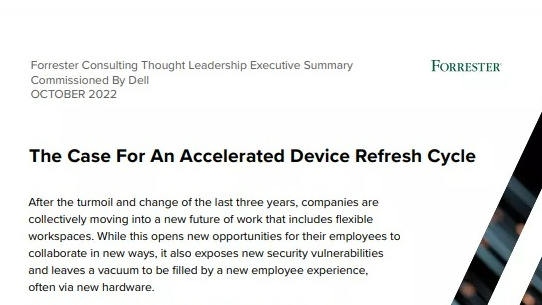
The case for an accelerated device refresh cycle
Achieve a more cost-effective device lifecycle overall
DOWNLOAD FOR FREE
To fix the problem, users can access the system control panel via the Windows Run command, delete all restore points, and reduce System Protection disk space allocation to a lower percentage.
The top respondent within the discussion suggested the problem could lie with Dell’s SupportAssist Remediation software, and noted that deleting the restore points and uninstalling the application fixed the issue for them.
Dell’s official user guide for SupportAssist Remediation, also known as SupportAssist OS Recovery, states that it “provides a recovery environment that consists of tools to diagnose and troubleshoot issues that may occur before your computer boots to the operating system”.
SupportAssist is Dell’s automated system support software, housing a number of smaller programs for specific purposes such as data remediation and firmware updates.
Another user clarified that although they had experienced the same disk problems with Dell workstations, it was not a ubiquitous issue.
“It's worth noting we have probably had this happen on about 10-15 machines out of the 120-ish deployed,” they said.
Others said that if Dell SupportAssist Remediation is uninstalled, another piece of pre-installed software called Dell Command Update would automatically reinstall it a short time later.
As the SupportAssist Remediation is included in critical updates, those who wish to remove it permanently are required to change Dell Command Update’s settings to exclude the category ‘Application Software’.
In a 2021 thread, users in the Dell subreddit characterized Dell SupportAssist as “bloatware”, and claimed it is prone to introducing errors to devices.
In the past, the software has been criticized by multiple network administrators for automatically setting the netlogon service to “manual”, which can break group policies on domain-joined machines.
This article was updated to include a statement from Dell.

Rory Bathgate is Features and Multimedia Editor at ITPro, overseeing all in-depth content and case studies. He can also be found co-hosting the ITPro Podcast with Jane McCallion, swapping a keyboard for a microphone to discuss the latest learnings with thought leaders from across the tech sector.
In his free time, Rory enjoys photography, video editing, and good science fiction. After graduating from the University of Kent with a BA in English and American Literature, Rory undertook an MA in Eighteenth-Century Studies at King’s College London. He joined ITPro in 2022 as a graduate, following four years in student journalism. You can contact Rory at rory.bathgate@futurenet.com or on LinkedIn.
-
 What is Microsoft Maia?
What is Microsoft Maia?Explainer Microsoft's in-house chip is planned to a core aspect of Microsoft Copilot and future Azure AI offerings
-
 If Satya Nadella wants us to take AI seriously, let’s forget about mass adoption and start with a return on investment for those already using it
If Satya Nadella wants us to take AI seriously, let’s forget about mass adoption and start with a return on investment for those already using itOpinion If Satya Nadella wants us to take AI seriously, let's start with ROI for businesses
-
 Why a Dell Pro laptop is all you need and more for 2026
Why a Dell Pro laptop is all you need and more for 2026With built-in NPUs and sturdy portability, Dell Pro laptops are a reliable tool for the future of productivity
-
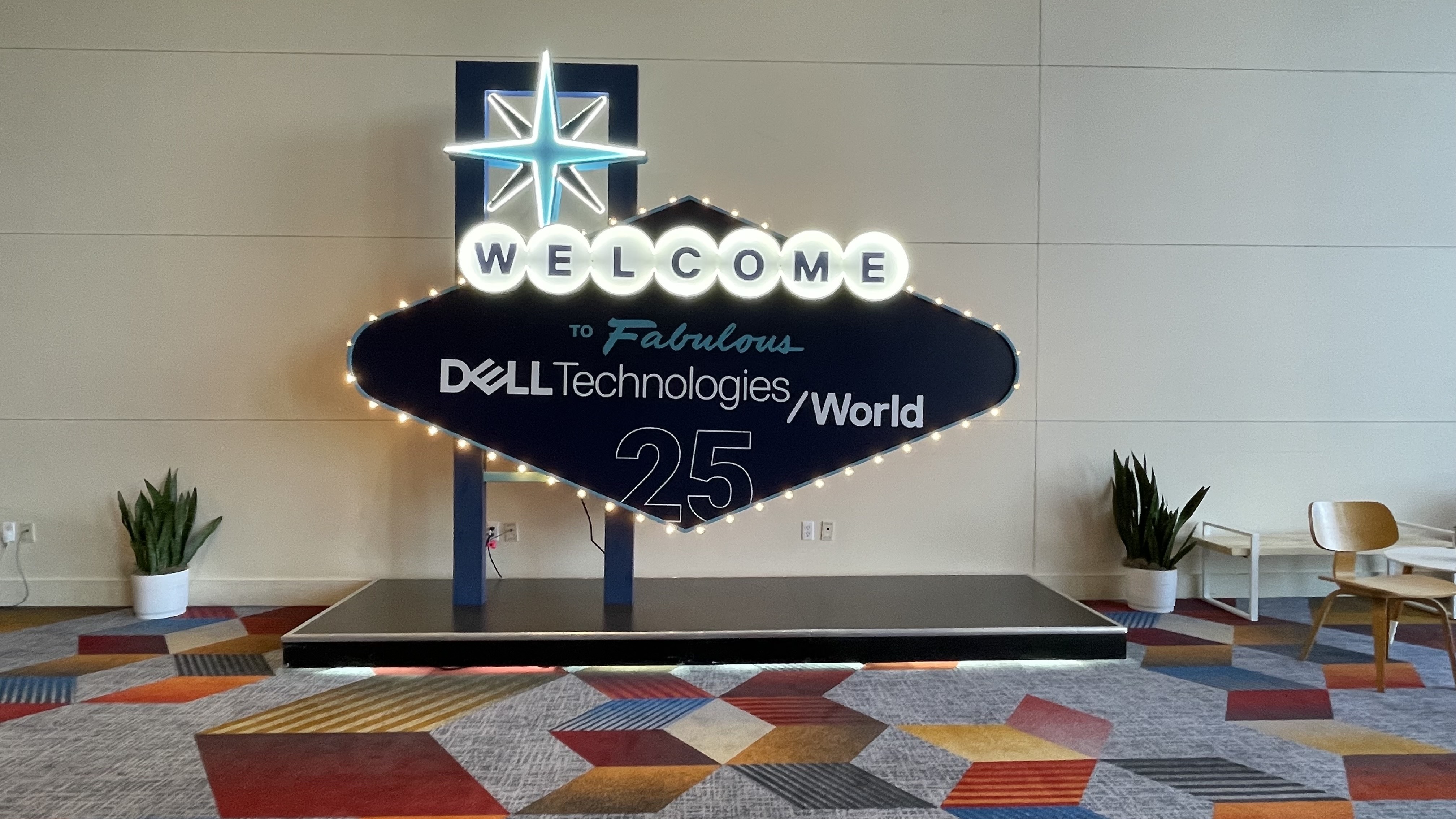 Dell Technologies World 2025 live – all latest news and updates live from the Venetian Conference Center, Las Vegas
Dell Technologies World 2025 live – all latest news and updates live from the Venetian Conference Center, Las VegasKeep up to date with the news and announcements from Day Two of Dell Technologies' annual conference as they happen
-
 Work and innovate everywhere
Work and innovate everywherewhitepaper Protection across AI attack vectors
-
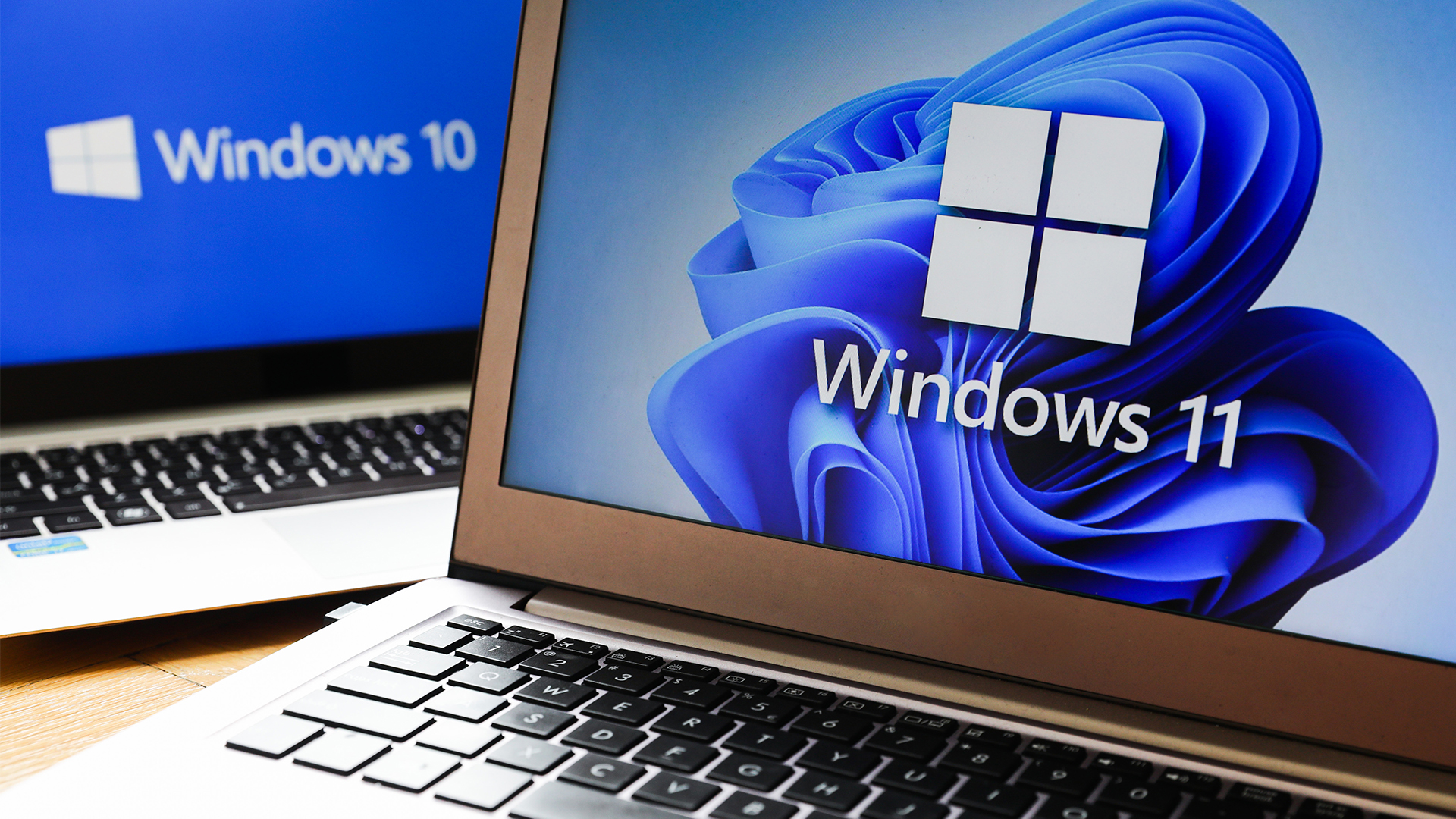 Microsoft refuses to back down on Windows 11 hardware requirements
Microsoft refuses to back down on Windows 11 hardware requirementsNews The tech giant says it'll keep hardware specifications for Windows 11
-
 Help skilled workers succeed with Dell Latitude 7030 and 7230 Rugged Extreme tablets
Help skilled workers succeed with Dell Latitude 7030 and 7230 Rugged Extreme tabletswhitepaper Help skilled workers succeed with Dell Latitude 7030 and 7230 Rugged Extreme tablets
-
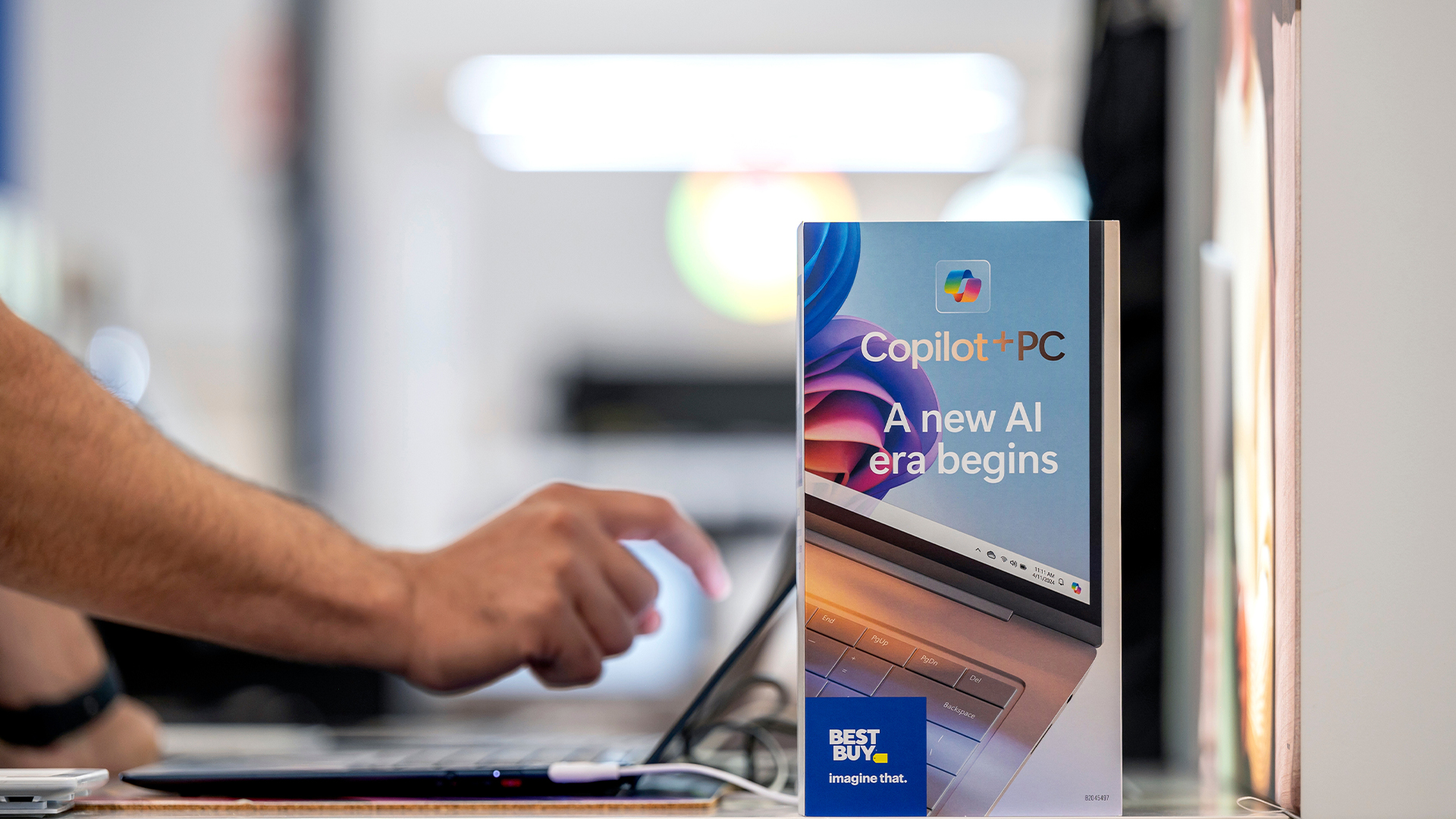 Why the world is about to be swamped with AI PCs
Why the world is about to be swamped with AI PCsNews With adoption rates set to surge, AI PCs will become far more mainstream in years to come
-
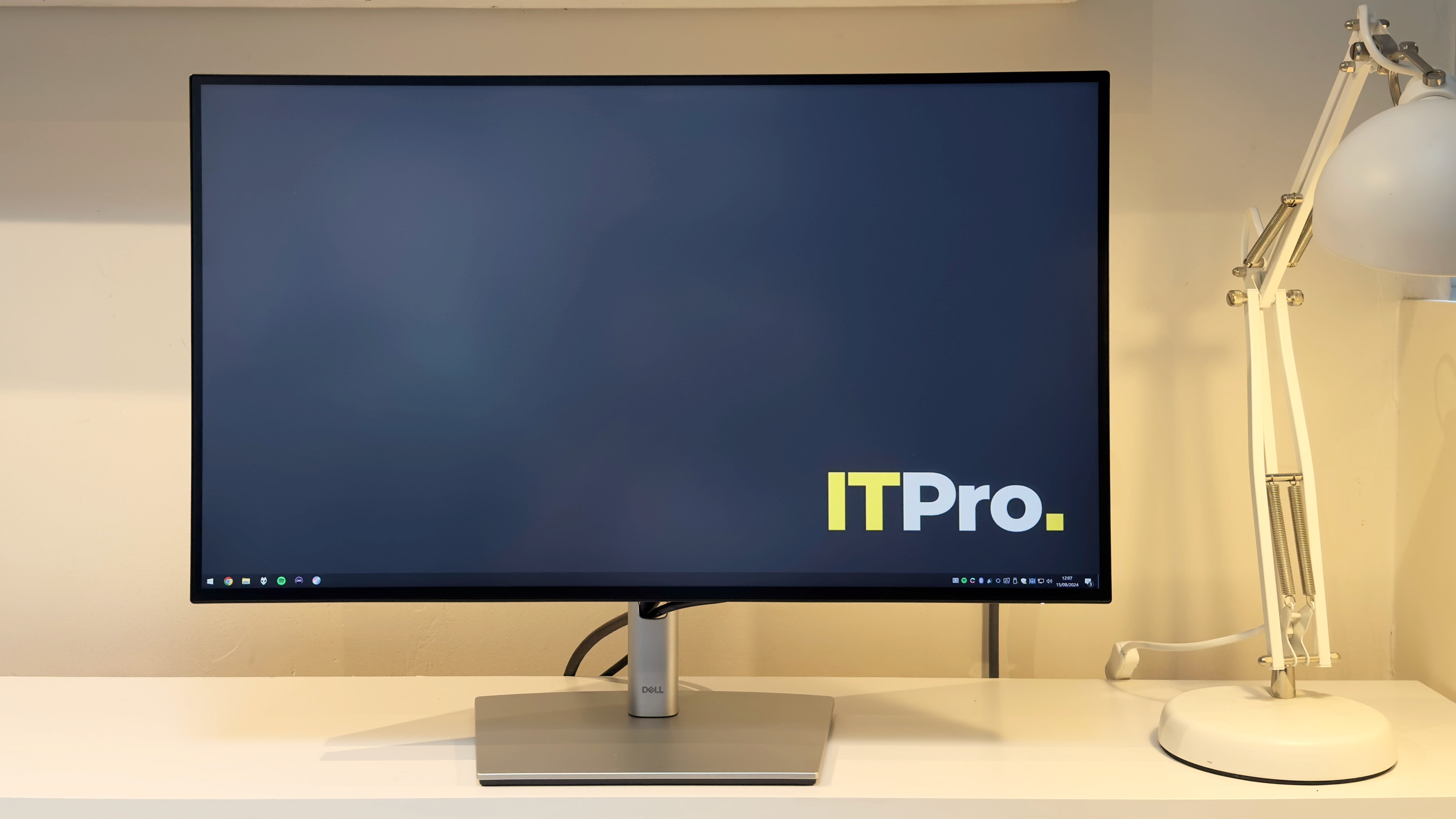
 Dell UltraSharp U2723QE monitor review: Feature-packed and 4K – but not quite perfect
Dell UltraSharp U2723QE monitor review: Feature-packed and 4K – but not quite perfectReviews Anyone needing respectable HDR performance or gaming-friendly features such as adaptive sync or high refresh rates should be looking elsewhere, the Dell U2723QE is just not that kind of monitor
-
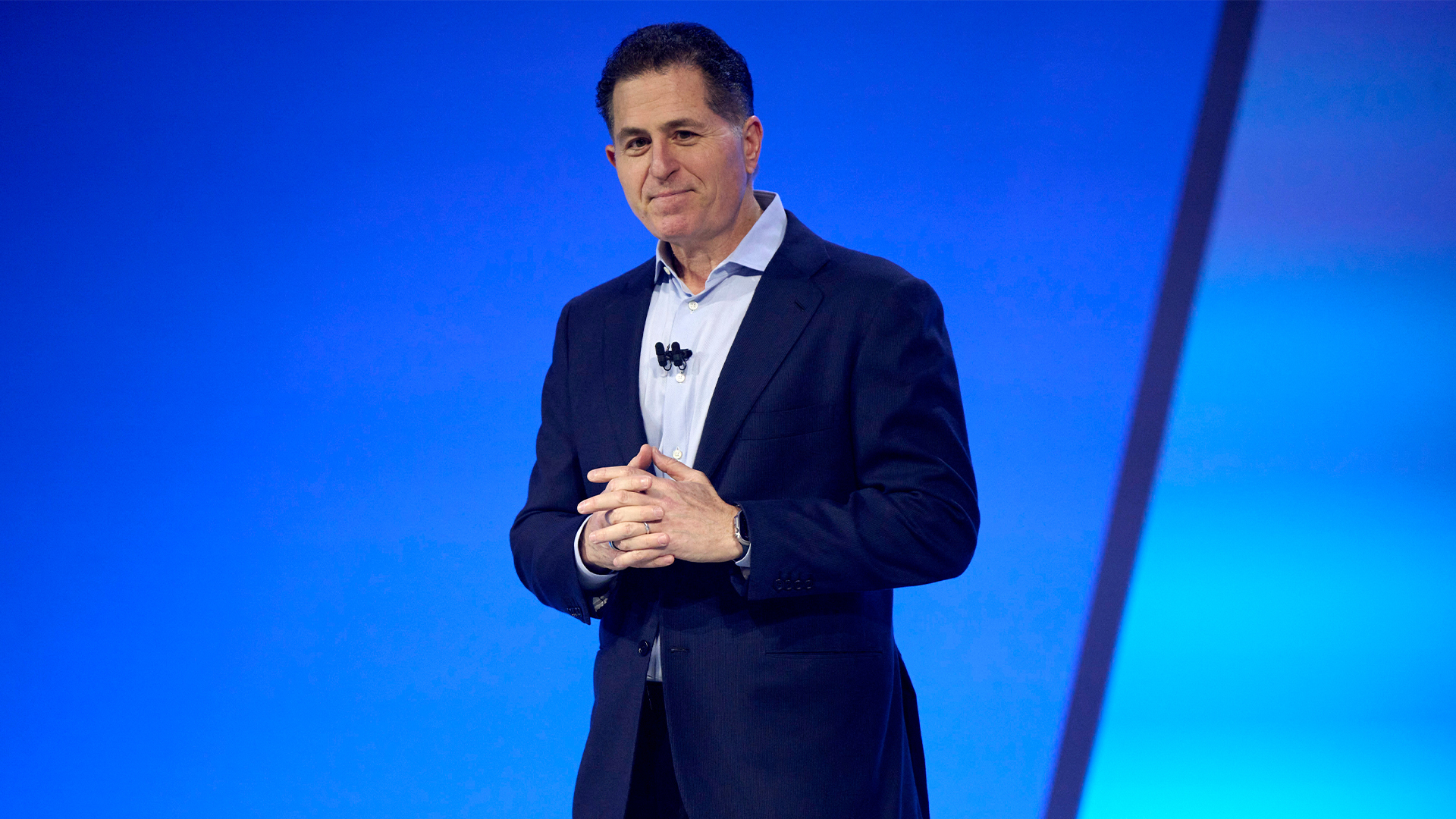 AI is paying dividends for Dell Technologies – booming server sales and rapid networking growth have taken the edge off a rocky period
AI is paying dividends for Dell Technologies – booming server sales and rapid networking growth have taken the edge off a rocky periodNews Despite a troubling period for Dell Technologies, the outlook remains positive amid surging enterprise demand for AI solutions